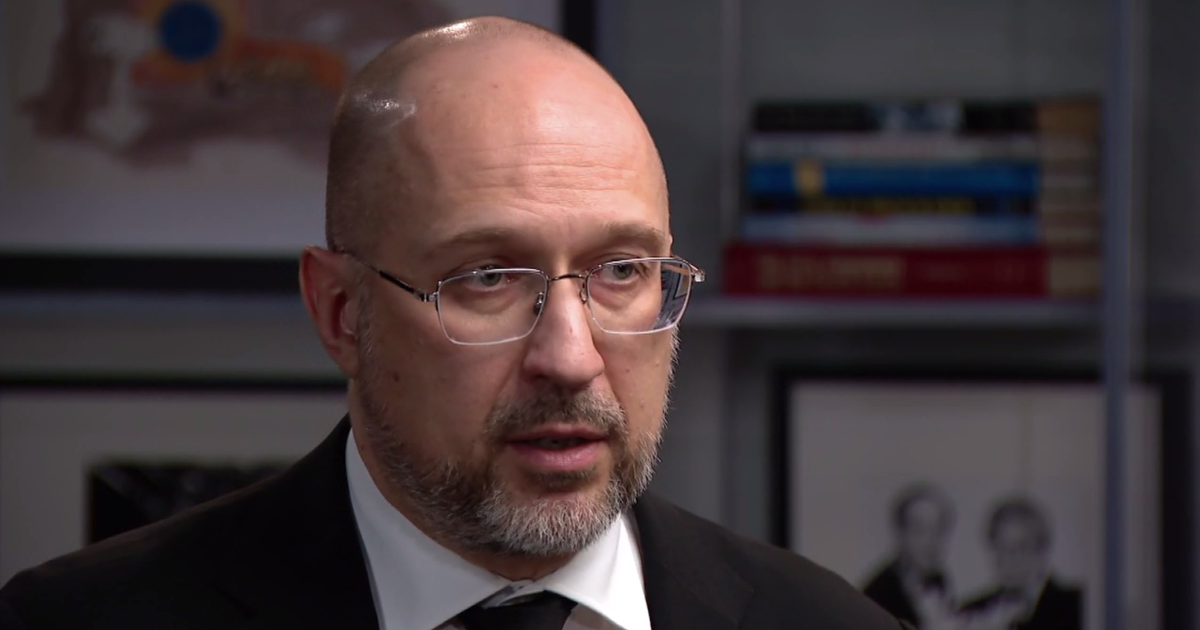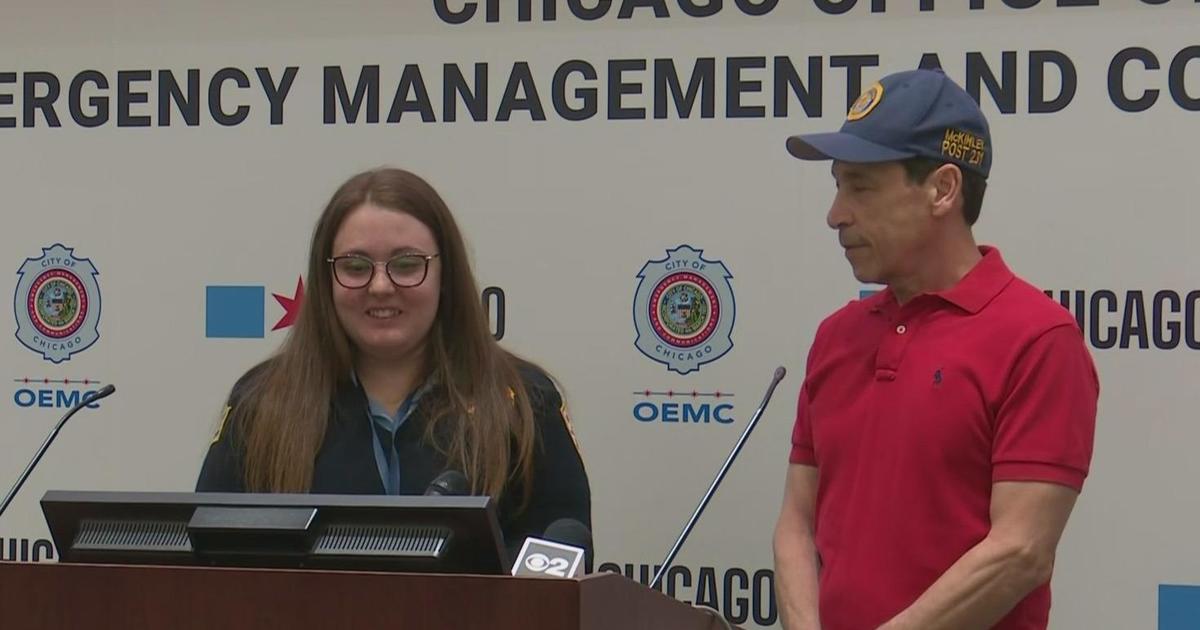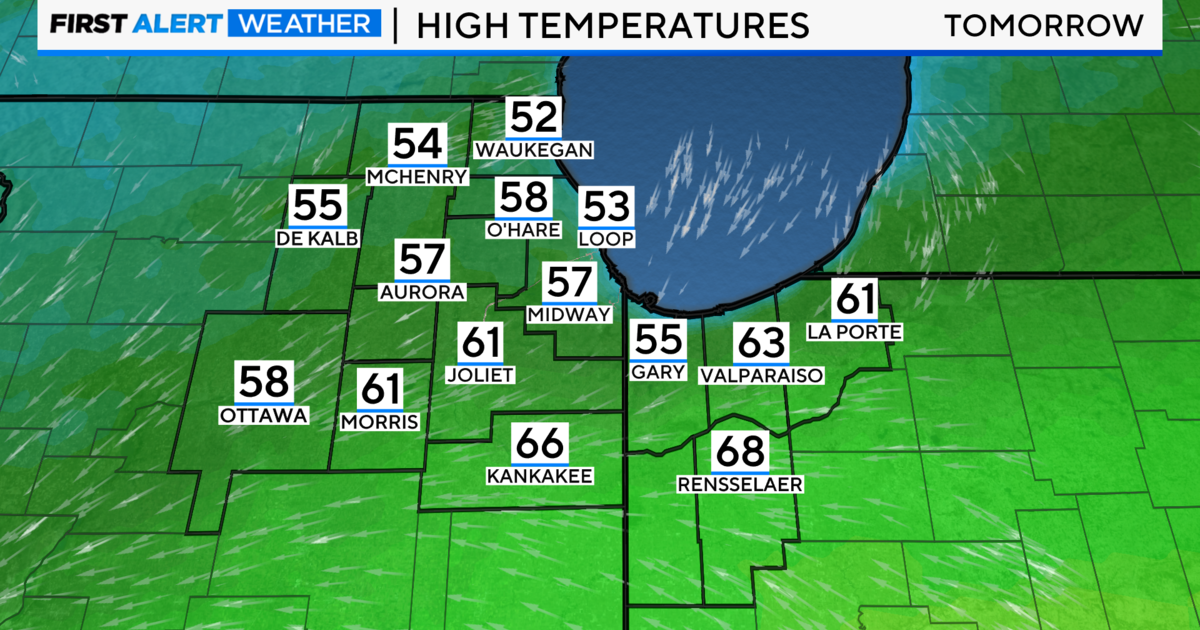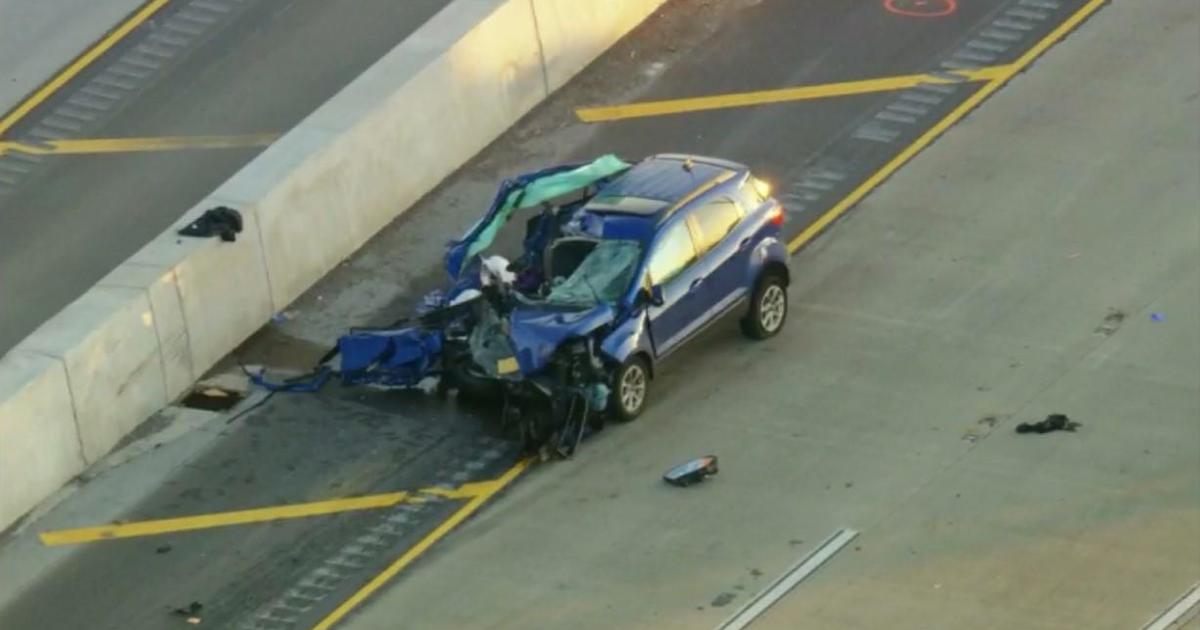Overnight Storms Not Enough To Break Drought
UPDATED 07/19/12 9:15 p.m.
CHICAGO (CBS) -- The storms that rocked the Chicago area overnight weren't enough to end the drought, but they were a good start.
As WBBM Newsradio's Mike Krauser reports, the heavy, drenching rain covered a vast swath of the region – northern Illinois, southern Wisconsin, northern Indiana, and southern Michigan.
LISTEN: WBBM Newsradio's Mike Krauser reports
Podcast
Meteorologist Elliott Abrams said it was not enough to end the drought, but it will make a difference.
"It makes a difference in terms of the topsoil, and also the lawns – the straw texture of many lawns is going to turn green once again; might even need the lawnmower," Abrams said. "But it can dry out once again. We're still way behind on rainfall for the season, so in terms of the long-term deficit, no, it doesn't do anything. But every drought in history ends with at least some rain, and we certainly had a heavy rain last night."
Since June 1, Abrams says, we have only had about 40 percent of the average rainfall, most of them overnight and on Thursday morning.
CBS 2 Meteorologist Mary Kay Kleist reports the heaviest recorded rainfall total as of the 8 a.m. hour was in Winnetka, with 3.78 inches. Lincolnshire followed with 3.62 inches; Portage, Ind., with 3 inches, Midway International Airport with 2.02 inches; Addison with 1.87 inches; and O'Hare International Airport with with 1.67 and Kankakee with 1.2 inches.
On Wednesday, the U.S. Drought Monitor elevated the drought status of much of the Chicago area. The city of Chicago proper southward to Kankakee, and Northwest Indiana, remain in a moderate drought.
But the rest of Illinois – including Lake and McHenry counties as well as the western suburbs and exurbs, are now in a state of severe drought.
Southern Wisconsin, far Southern Illinois, and much of Indiana are now in a state of extreme drought.
The storms ripped down trees in several areas, and lightning from the storms is believed to be to blame for a house fire at Newland Avenue and Byron Street on the city's Northwest Side. The storms are also blamed for a gas leak in Lyons that erupted into a fire along busy 1st Avenue, forcing the evacuation of a resident and the closure of the road.
Meanwhile, the dry conditions threaten to wreak high-priced havoc at supermarkets and the nation's restaurants, CBS2's Mike Parker reports.
Kayla Smits was selling herbs from her parents' Chicago Heights farm at the Daley Center Thursday.
"It is really hurting a lot of the herbs like cilantro and dill. They're really having a hard time, and even some of the basil is just so dry, and you can't water it enough," she complained.
Price hikes have already started. Since June 1, the price for a bushel of corn has gone up 38 percent; the price for a bushel of beans has risen 24 percent.
Farm vendor Ethan Klug, who sells goods from his Michigan family farm, warned consumers not to be shocked by future food prices.
"We're not trying to rip you off," he said. "We're just trying to make a living and it does cost us more when it's a drought."



